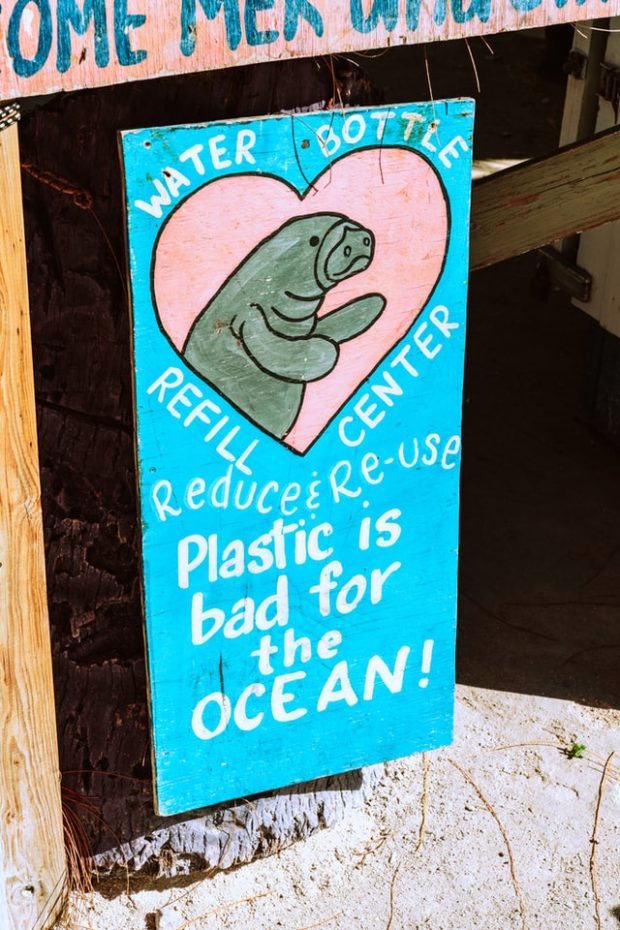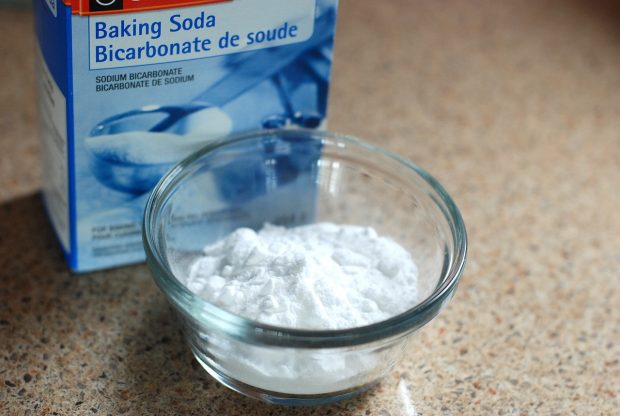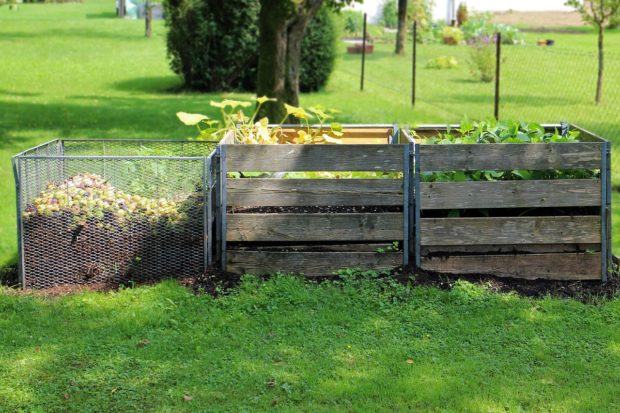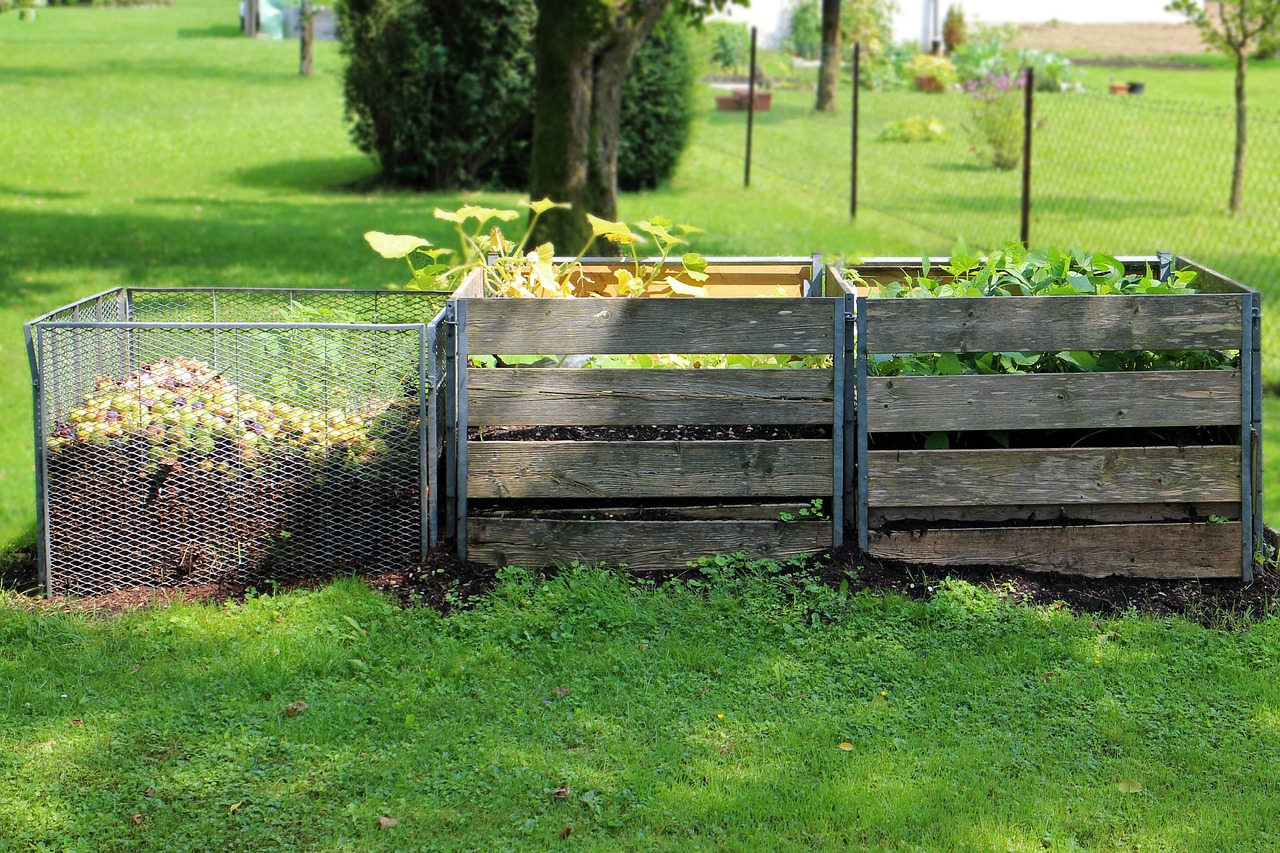Most of us want to live greener, more eco-friendly lifestyles. So why is it then that when it comes down to it, we hardly get around to making significant changes to decrease our carbon footprint? We have two theories about this problem. The first is that the language used in the eco-friendly industry is inaccessible. The second is that the hyper-enthusiasts damage the cause by setting an unreachable ideal.
You can make a difference by choosing the right lithium batteries, that is the sort of ‘small’ changes one should strive for, at very least. You don’t need to furnish your yard with expensive solar panels to make a measurable difference, and most of us can’t afford such a massive improvement anyways. Most people can’t go to the extreme, yet it is no reason not to make an effort.
When it comes to caring for our environment, there are so many small lifestyle changes that you can make that truly will impact the world positively. We have listed some of our favourite, small eco-conscious changes you can make today. These small changes won’t cost you a fortune, and they also won’t turn your daily life upside down.
Reuse Plastics Where Possible
Here is a contentious yet well-researched factoid: canvas bags are worse for the environment than just reusing plastic bags. We recommend that you take the time to look up the studies done on this front so that you can form your own opinion, as one should. Our research has us quite convinced on the matter.

It is not only plastic bags that should be reused, but also plastic bottles, cups packaging, all of these can be repurposed in fun and exciting ways. You can use washed plastic soda bottles with small punctures in the garden as slow-release watering options. This also decreases water loss by evaporation. You can Google just about any product and find a Pinterest board with great ideas. Finding fun ways to reuse plastics will also save you a significant amount of money in the long run. Even though plastic items are usually quite affordable, reusing them means you won’t be spending as much. Therefore, you will be able to note an annual saving on plastic items that will encourage you to keep on caring for our planet.
Homemade Cleaning Products
The idea sounds laborious and off-putting, but it is relatively simple and effective to replace the majority of toxic cleaning chemicals you use around the house. There are a handful of use cases where the natural alternatives may take a little more time or effort to use, but mostly its all somewhat effective. Alternatively, there is always the option of merely purchasing ready-made eco-friendly cleaning products. As the world is becoming more aware of the significant impacts of small harmful effects, several green manufacturer’s are taking advantage of the new opportunities held by the market. The increasing demand for environmentally friendly products means that you will soon be able to purchase green products with a lot more ease.

This is, once again, something you need to research as there are numerous options for every application; however, there are some basics that work. Baking soda reigns supreme when it comes to all-natural cleaning. It degreases, cleans, removes stains and has disinfectant properties. Natural household goods like vinegar and lemon juice are also examples of highly versatile eco-friendly cleaning products.

If caring for the environment is not enough to sway your mind towards choosing green cleaning products, perhaps the health of you and your family is. More often than not, harmful detergents and cleaning products are not ideal for our lungs and our skin, causing several health issues that can be easily identified in younger children. Some such problems include respiratory conditions and skin conditions such as eczema. Eco-friendly alternatives are proven to be more beneficial for our health.
Essential Composting
Why qualify ‘essential’? When you go onto YouTube and search for DIY composting you will pretty much be made to feel inadequate at the scale, passion and complexity with which the full-time ecowarriors go about it. It’s great and all, but acts as a deterrent to having a go when you have no experience and don’t speak ‘green’.

We started a backyard composting project last year sometime, it is being finished now, and this is because of a tutorial that made everyone at home feel stupid and excluded. Ignore all of the buzz-words, ignore the scale and the rigorous, almost dogmatic approach you will find online. Build a dark enclosure, chuck all your wasted greens, garden trimmings and the like in there, keep it damp, and let it become mush. Apply much to a garden. Simple as that.
Your Daily Commute
Your daily commute is probably responsible for your less than ideal carbon footprint as electric and hybrid vehicles are not yet as popular as they should be. However, this is mostly due to the current high prices. Fortunately, purchasing a green car is not the only way you can improve your daily commute to benefit the planet as there are other suitable options.

Rather than driving to work with your petrol or diesel vehicle, you should consider searching for a carpool club or opting for public transport options. Alternatively, you could also consider walking or riding a bicycle if the distance is reasonable. Cycling or walking will not just benefit the environment but also your health and your travel budget. More often than not, it is the smaller green changes that will help you save money and lead a healthier lifestyle as products and decisions that harm the environment are equally as harmful to your health. Comparisons also prove that eco-friendly choices are generally more affordable than toxic alternatives.
Making small changes to your lifestyle means you will be able to make an impact on the environment without having to invest a fortune in renewable energy creations. However, aiming for a completely green lifestyle is usually the goal for most individuals who are environmentally conscious.










